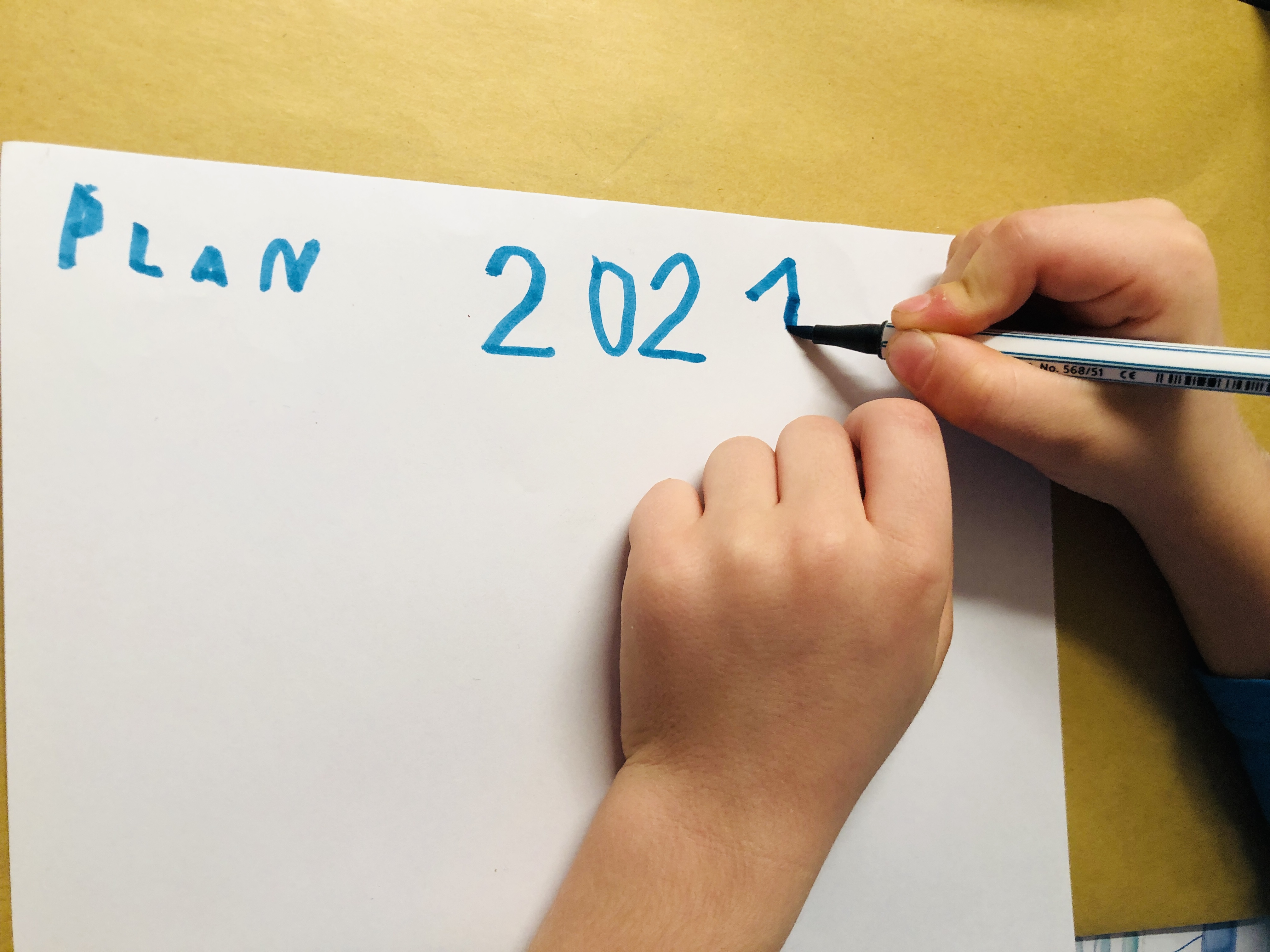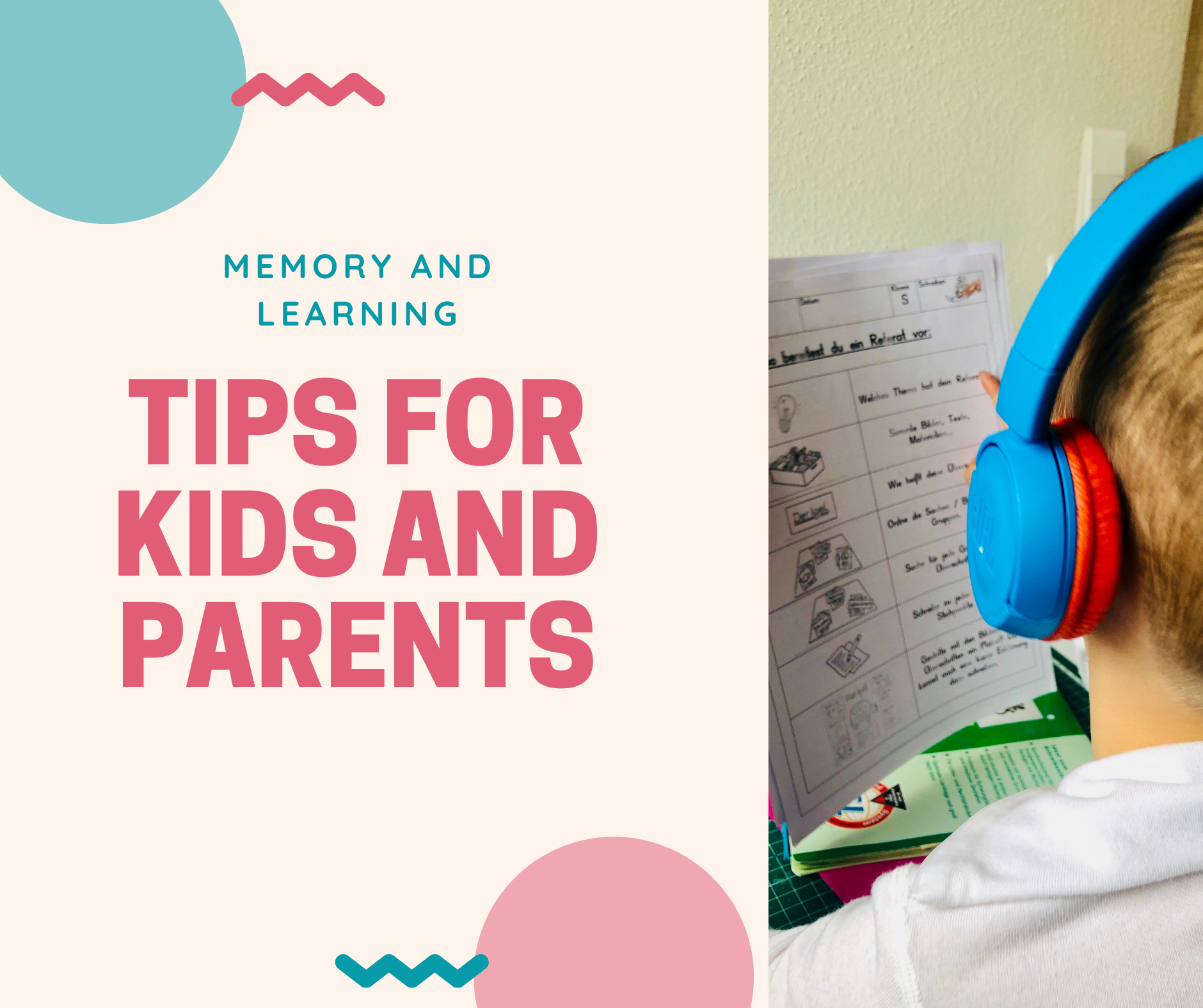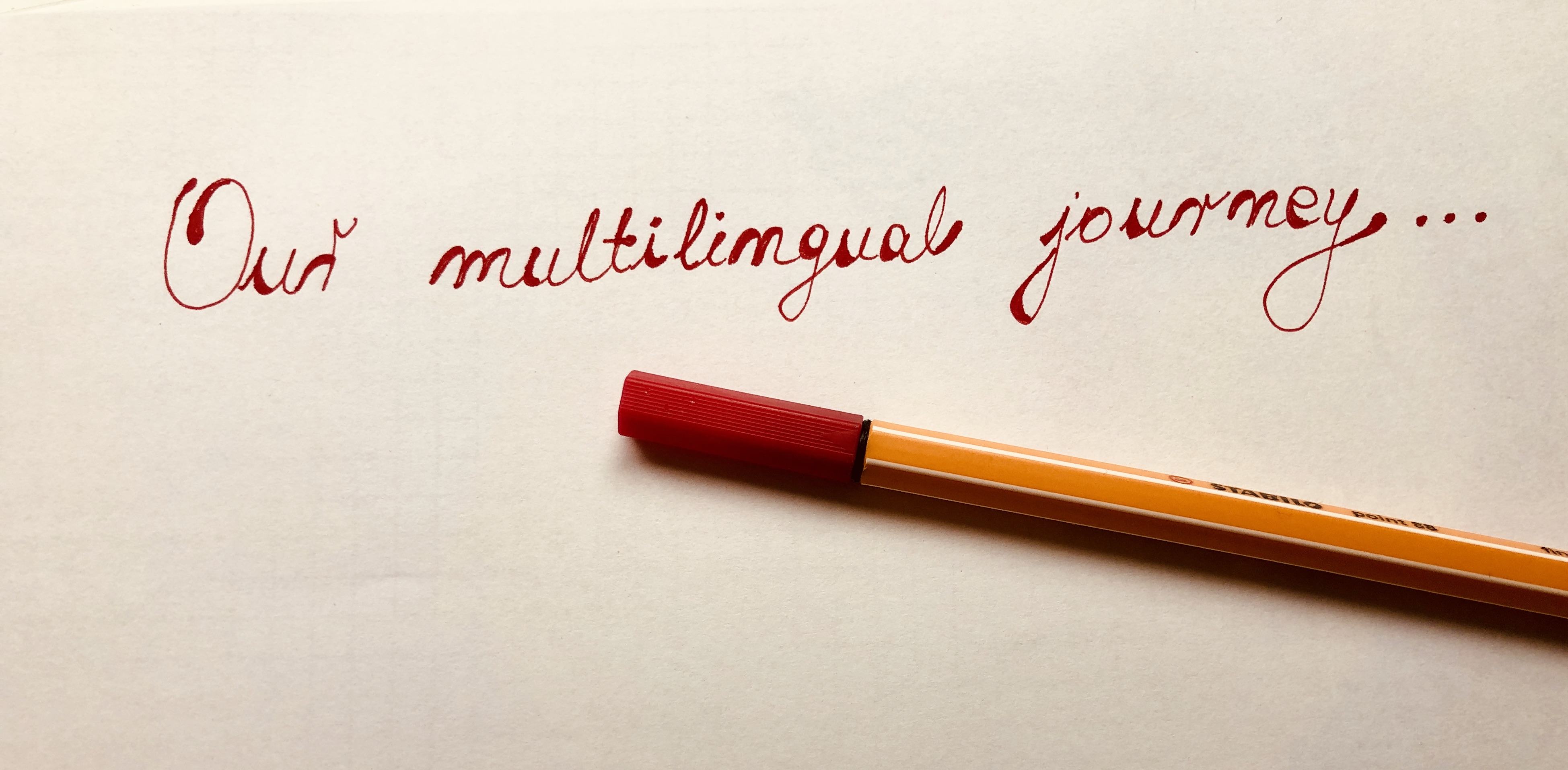New Year and Better Learning - It's all About the Goals

(Croatian/Hrvatski) You might wonder what New Year and more successful learning have in common. Well, they share one important element – goal.
First, let's learn something new about New Year's resolutions.
This is a tradition, mostly common in the Western Hemisphere but also found in the Eastern, in which a person resolves to change an undesired trait or behaviour, to accomplish a personal goal or otherwise improve their life.
Interesting facts about New Year's Resolutions:
- 4000 years ago, the Babylonians made promises to their gods at the start of each year that they would return borrowed objects and pay their debts.
- The Romans began each year by making promises to the god Janus, for whom the month of January is named[i].
According to one research, the top 5 resolutions include[ii]:
- Exercise more (38 %).
- Lose weight (33 %).
- Eat more healthily (32 %).
- Take a more active approach to health (15 %).
- Learn new skill or hobby (15 %).
These are all great resolutions. So, why do so many (88%[iii] to be more specific) fail to stick to these goals?
It's the way people set goals. And because setting the right kind of goals is so important, it's never too early to start.
Now, let's see why this matters in learning.
Goal setting is essential as it can help your child with motivation, focus and a sense of direction. Setting and tracking goals helps your child learn important life skills such as planning, organisation, and time management while also building communication skills, self-awareness, and confidence.
In this article, we' ll focus more on the following questions :
- What can we do to increase our chances of accomplishing the goals we set for us?
- How can we help our children set learning goals, work towards and achieve them?
The simple fact is that for goals to be powerful, they should be designed to be SMART
- Specific
- Measurable
- Attainable
- Relevant
- Time-bound.
Let's see how you could help your child set some SMART learning goals.
First, they have to be specific. Here are a few questions that might help:
- What do you want to accomplish? (Get an A? Learn this lesson because it's interesting? Not fail?)
- Why is this goal important to you? (Final grade? Getting a reward? Praise? Curiosity about the subject?)
- Who is involved? (Are you going to work alone? Invite a classmate? Have a parent check what you've learned?)
- Which resources or limits are involved? (Are you going to read the text? Answer the questions in the book? Make a KWL chart? Do you have any other tests this week?)
It's also important to have measurable goals so that you can track your progress and stay motivated. In order to measure something, you should put a number to it:
- How many/much? (How much time are you going to spend on this lesson today? How many answers are you going to write in your notebook? How many new facts or keywords are you going to include in your essay?)
- How will you know when it is accomplished?
Now, setting achievable yet not too easy goals is a challenge. The child might need help to set goals that require them to "raise the bar" and bring the greatest personal satisfaction. So, if your child finishes their homework and studying and chores and playing and resting in 15 minutes, setting a one-hour learning goal might be too ambitious. Start with 20 minutes. You can also set grades as goals, but the priority should always be the effort. Solving three equations more than a week before is something a child can achieve and feel good about.
Goals should be relevant to the direction the child wants learning to take. For example, a child might say:
- I struggle with understanding these formulas, so I'm going to do three tasks using these formulas every day.
- I love history, so I'll make a history timeline to understand the events that happened a bit better.
The final consideration when setting a goal should be the deadline. You can help your child set a time-bound goal by asking:
- When are you going to learn these 10 new words – before or after your snack?
- What can you learn tomorrow after school?
- Can you solve these 20 equations by Friday?
Once your child has set some SMART goals, you could suggest finding a study-buddy. It can be a classmate or a sibling, someone who will provide your kid with nudges to help them achieve their goals. Maybe they could study together once a week or every week before a test?
Finally, the physical act of writing down a goal makes it real and tangible. Encourage your kid to make a plan, help them set SMART goals, write them on a piece of paper and put them on a wall as a constant reminder. Younger children can make drawings.
Now, back to New Year's Resolutions. Can you see a difference between:
Resolution 1
- This year, I'm going to learn a new language
- First week in January, I will send an email to five language schools and ask about their Hebrew lessons. I'll subscribe to a Hebrew podcast and listen to one every week. I will build a list of 200 new words in four months.
Resolution 2
- This year, I'll learn more about child development and make more crafts with my kids.
- This second, I'm going to follow up this fantastic blog :)
[i] https://raywilliams.ca/why-we-dont-keep-our-new-years-resolutions-and-what-to-do-about-it/
[ii] (http://comresglobal.com/wp-content/uploads/2015/12/BUPA_NY-Resolution_Public-Polling_Nov-15_UPDATED-TABLES.pdf9
[iii] http://www.richardwiseman.com/quirkology/new/USA/Experiment_resolution.shtml

